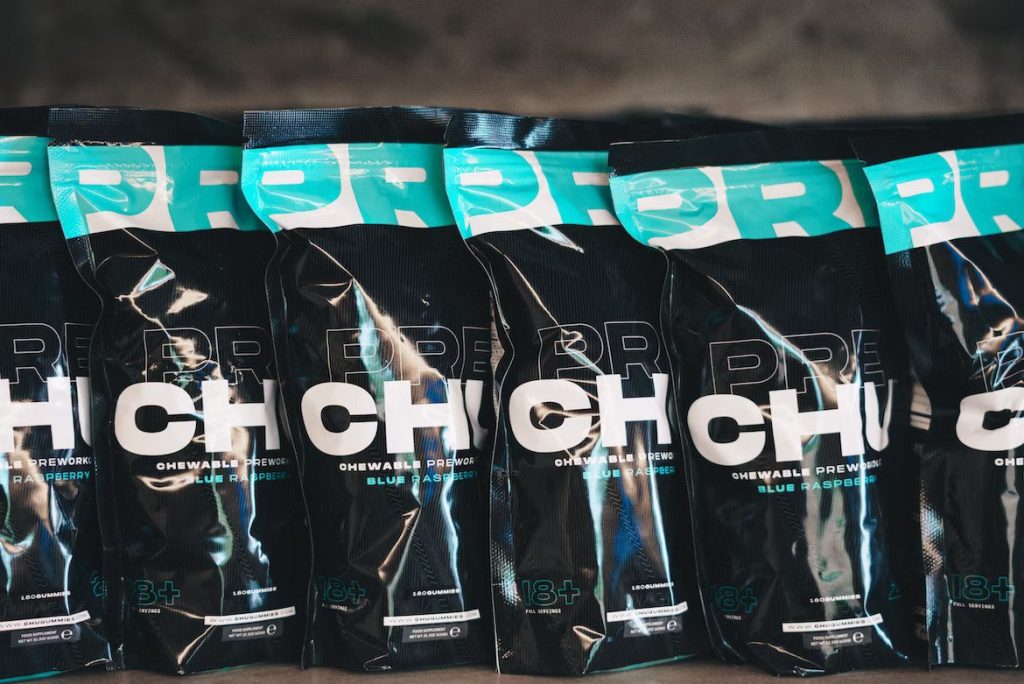
The food and beverage industry is one of the largest contributors to environmental degradation, from the depletion of natural resources to the release of greenhouse gases into the atmosphere. However, using PTFE coatings and materials, such as Teflon sheets, can help the industry minimize waste and reduce its carbon footprint.
Challenges Faced by the Food and Beverage Industry
The food and beverage industry faces numerous challenges when it comes to reducing its environmental impact. One of the biggest challenges is minimizing waste. From the production of raw materials to the disposal of packaging materials, waste is a significant problem throughout the supply chain.
Another challenge is reducing energy consumption. From refrigeration and transportation to processing and packaging, the industry consumes a large amount of energy, much of which is generated from non-renewable sources and contributes to greenhouse gas emissions.
The Role of PTFE in Improving Sustainability
PTFE coatings and materials, such as Teflon sheets, have numerous advantages that make them a sustainable choice for the food and beverage industry. These advantages include:
- Minimizing waste – PTFE coatings can extend the lifespan of equipment and packaging materials, reducing the need for replacement and minimizing waste. Teflon sheets, for example, can be used to line baking trays and pans, eliminating the need for disposable parchment paper.
- Reducing energy consumption – PTFE coatings have a low coefficient of friction, which means that they can reduce friction between moving parts and machinery. This reduces the amount of energy needed to operate equipment, resulting in lower energy consumption and carbon emissions.
- Improving product quality – PTFE coatings can improve the quality of food and beverage products by preventing contamination and improving the non-stick properties of packaging materials. This can extend the shelf life of products and prevent waste.
Pouch Packing Machine Manufacturing and PTFE
Pouch packing machines are widely used in the food and beverage industry for packaging liquids, powders, and other products. These machines require high-quality materials that are durable and non-stick. PTFE coatings and materials, such as Teflon sheets, are an excellent choice for pouch packing machine manufacturing.
PTFE coatings can help improve the efficiency of pouch packing machines by reducing friction and minimizing the need for lubrication. This can lead to lower energy consumption and longer equipment lifespan.
In addition, PTFE coatings can help prevent product contamination and ensure that pouches are easily opened and closed. This improves product quality and reduces waste, making it a sustainable choice for pouch packing machine manufacturing.
Conclusion
The food and beverage industry faces numerous challenges when it comes to reducing its environmental impact. However, using PTFE coatings and materials, such as Teflon sheets, can help the industry minimize waste, reduce energy consumption, and improve product quality. By adopting sustainable practices and technologies, the industry can reduce its carbon footprint and contribute to a more sustainable future.











